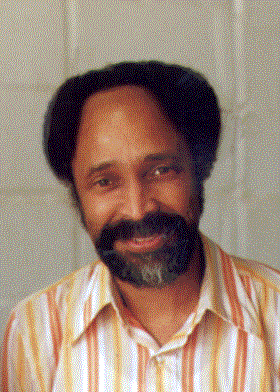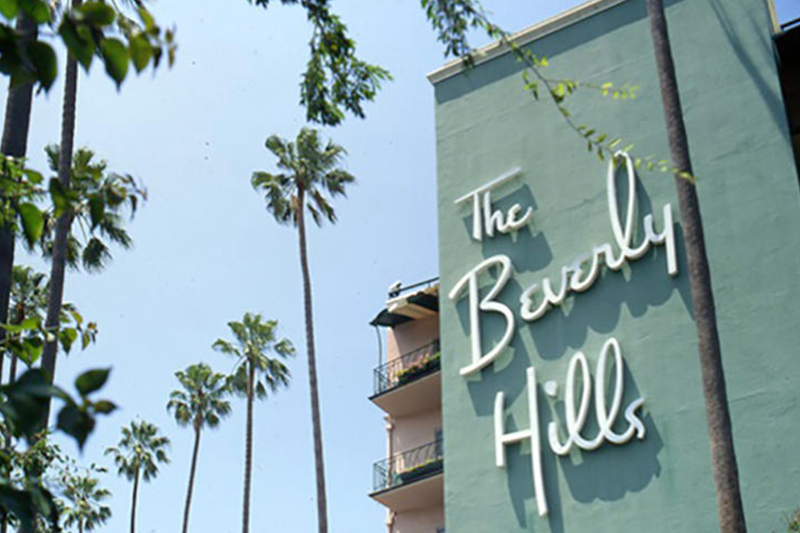African-American names - Wikipedia
African-American names
African-American names are part of the traditions of African-American culture. While many Black Americans use names that are popular with wider American culture, a number of naming trends have emerged within African-American culture. Many use their own or their children's names as a symbol of solidarity within their culture.
History
It is widely held that prior to the 1950s and 1960s, most African-American names closely resembled those used within European-American culture.[1] Even within the White-American population, most babies of that era were given a few very common names, with children given nicknames to distinguish the various people with the same name.[2] It was also quite common for immigrants and cultural minorities to choose baby names or change their names to fit in within the wider American culture. This applied to both given names and surnames.[2][3]
Although most consider distinctively black names a recent phenomenon, recent research by Cook et al. has documented the use of distinctive names by blacks in the late 19th and early 20th centuries.[4] The percentage of blacks with such names was similar to that in the 21st century. However those early names are no longer used by blacks. In fact, Paustian has argued that black names display the same themes and patterns as those in West Africa.[5]
With the rise of 1960s Civil Rights Movement, there was a dramatic rise in African-American names of various origins. San Diego State University professor Jean Twenge believes that the shift toward unique Black-American baby names is also the result of the cultural shift in America that values individuality over conformity.[2]
In 2004, Fryer et al. examined the rapid change in naming practices in the early 1970s, with the rapid adoption of distinctively black names, especially in low-income, racially isolated neighborhoods.[6] They favor an explanatory model which attributes a change in black perceptions of their identity to the Black Power Movement.
African-American names
African-American names are part of the traditions of African-American culture. While many Black Americans use names that are popular with wider American culture, a number of naming trends have emerged within African-American culture. Many use their own or their children's names as a symbol of solidarity within their culture.
History
It is widely held that prior to the 1950s and 1960s, most African-American names closely resembled those used within European-American culture.[1] Even within the White-American population, most babies of that era were given a few very common names, with children given nicknames to distinguish the various people with the same name.[2] It was also quite common for immigrants and cultural minorities to choose baby names or change their names to fit in within the wider American culture. This applied to both given names and surnames.[2][3]
Although most consider distinctively black names a recent phenomenon, recent research by Cook et al. has documented the use of distinctive names by blacks in the late 19th and early 20th centuries.[4] The percentage of blacks with such names was similar to that in the 21st century. However those early names are no longer used by blacks. In fact, Paustian has argued that black names display the same themes and patterns as those in West Africa.[5]
With the rise of 1960s Civil Rights Movement, there was a dramatic rise in African-American names of various origins. San Diego State University professor Jean Twenge believes that the shift toward unique Black-American baby names is also the result of the cultural shift in America that values individuality over conformity.[2]
In 2004, Fryer et al. examined the rapid change in naming practices in the early 1970s, with the rapid adoption of distinctively black names, especially in low-income, racially isolated neighborhoods.[6] They favor an explanatory model which attributes a change in black perceptions of their identity to the Black Power Movement.












 Their original surname even endured the test of time
Their original surname even endured the test of time
